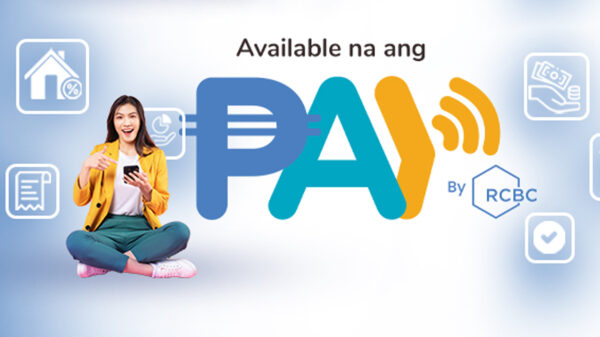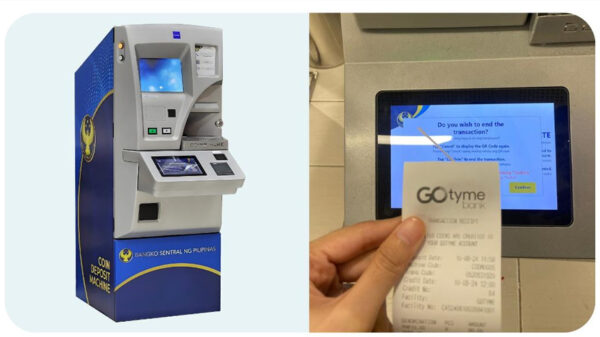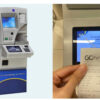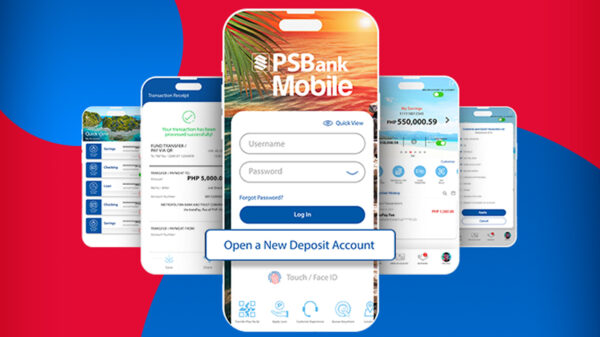Maya Barkay, Product Marketing Manager, Mobile Financial Services, Amdocs
Today, most Filipinos look to relatives or close friends to borrow cash during tough times. Sadly, this is true in most parts of the developing world. According to an Ovum survey, over one third of respondents had taken a loan from a friend or relative in recent months. This is not surprising, considering the only alternatives for Filipinos are borrowing from loan sharks or from local banks that charge high interest rates. These choices are simply untenable for many.
With more than 114 million mobile connections in the country, mobile phones have become a ubiquitous and unique tool that provides Filipinos with quick, convenient and low cost access to money. Many mobile phone based banks are offering loans to the customers. For example, BPI Globe BanKO is looking to offer its loan service in other countries, in addition to its domestic market in the Philippines.
With over 2 billion people across the globe lacking access to any financial services, the prospect of being able to access such services for the first time using a simple feature phone opens unlimited economic opportunities where previously very few existed.
Contrary to the popular perception that traditional banks are being undercut by the mobile money industry, the banks are actually on to a winner. Take the case of Bank of the Philippine Islands (BPI) and its mobile microsavings bank service called BPI Globe BanKO. BanKO uses Globe’s electronic cash or G-cash technology to facilitate the movement of cash in line with its banking operations.
Launched in 2010, it flourished from offering basic financial services such as loans, money transfers and bill payments into a full blown initiative to drive robust financial inclusion. This is being done by targeting the under banked, unbanked and those in the lower income segment. BanKO has also been able to ink a number of partnerships including the one with World Bank’s International Finance Corp.
For service providers in emerging markets who are contemplating jumping onto the mobile financial services bandwagon, this trend offers huge incentives to expand their lines of business in this new area. According to Ovum, mobile operators in emerging markets already enjoy a good degree of trust with consumers, and are even ranked ahead of banks in certain markets. In fact, the Philippines is one of the only two emerging markets in the Ovum survey where unbanked users trusted operators more (38%) than banks (35%).
But even better is that service providers, given their nature, have important advantages that make them well placed to instil the confidence of potential subscribers. According to Boston Consulting Group:
- They are traditionally focused on all customers, not just the most profitable among them.
- They already have a secure device – the mobile phone – in customers’ hands.
- They have the added benefit of a large distribution network.
And with so many people still not accessing mobile financial services, there’s still plenty of business to go around for everybody.




















































































































